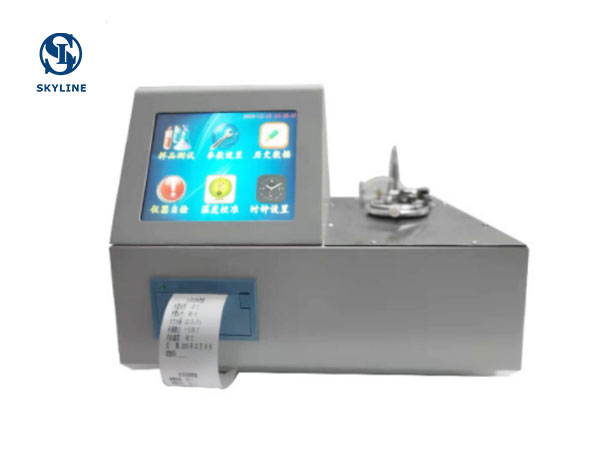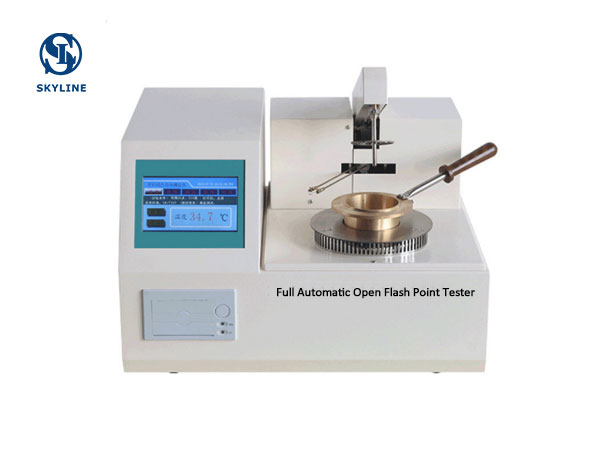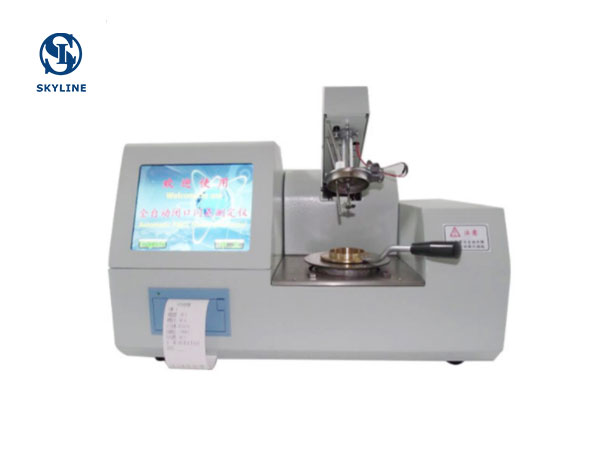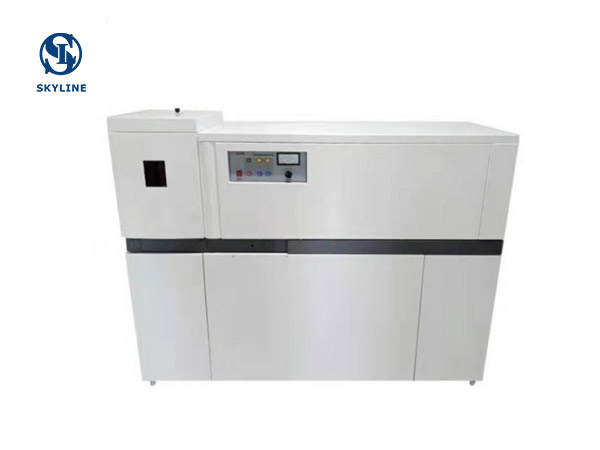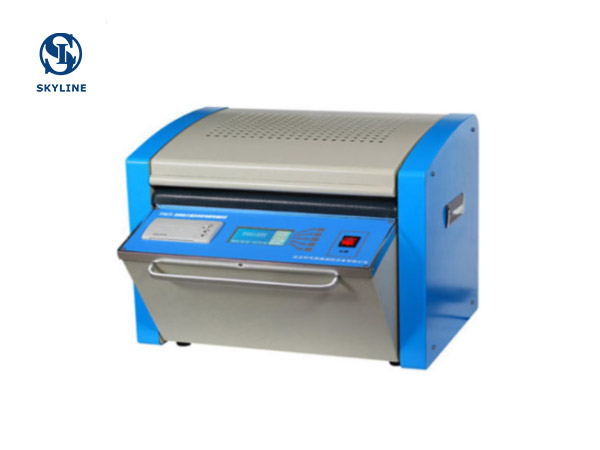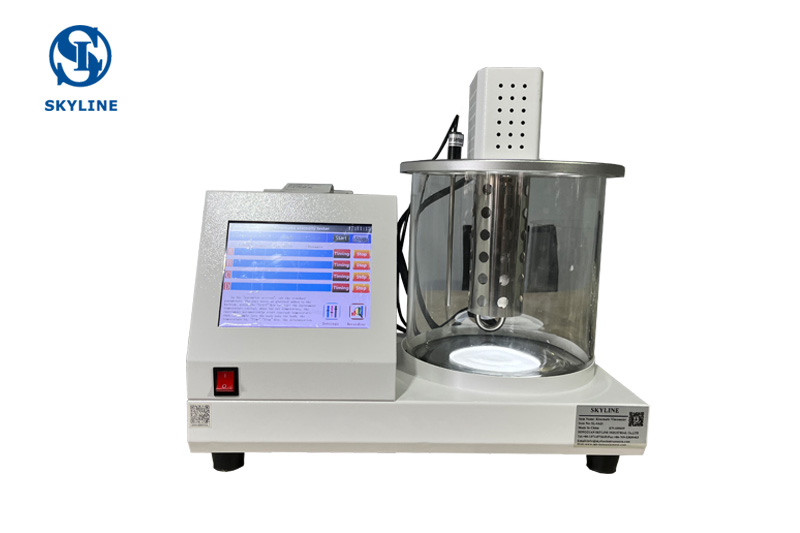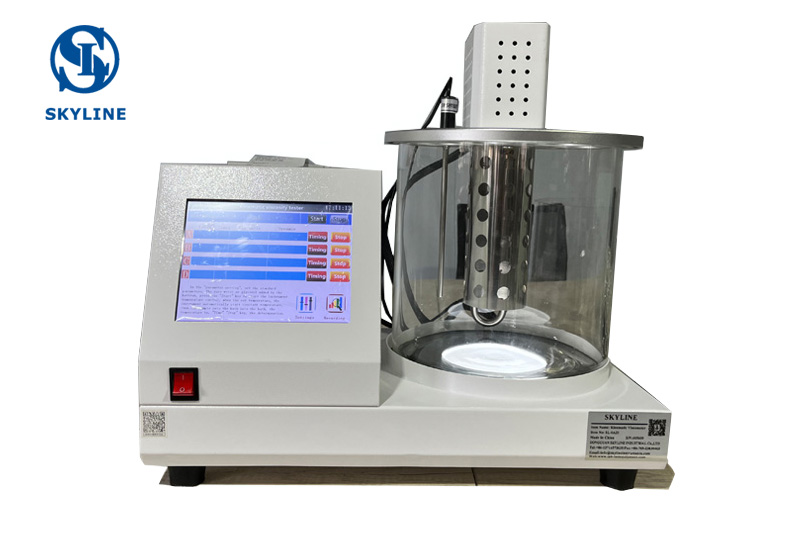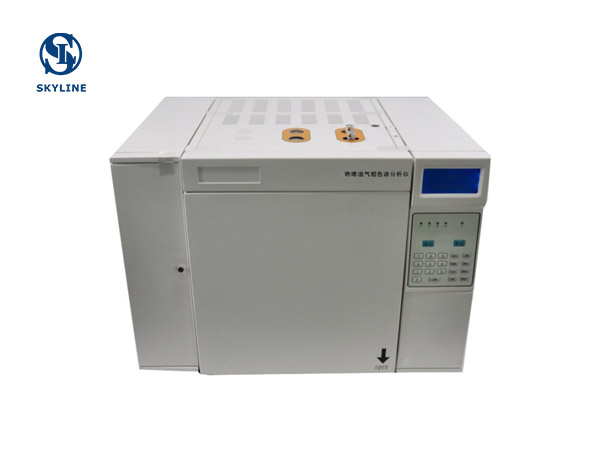Measuring copper corrosion in petroleum products is important for several reasons:
-
Equipment Performance: Copper corrosion can lead to the degradation of equipment used in petroleum refining and transportation. Petroleum products often come into contact with copper-containing components such as pipelines, storage tanks, and refinery equipment. Monitoring copper corrosion helps assess the performance and integrity of these materials, ensuring they operate effectively and safely.
-
Product Quality: Copper corrosion can impact the quality and purity of petroleum products. Corrosion products can contaminate the fuel or other petroleum products, leading to adverse effects such as reduced efficiency, increased maintenance requirements, or even damage to engines or machinery. By measuring copper corrosion, companies can identify potential issues early on and take corrective actions to maintain product quality.
-
Environmental Impact: Copper corrosion can have environmental consequences. If corrosion products containing copper enter the environment, they can contaminate soil, water bodies, or groundwater. Copper is a potentially toxic metal that can harm aquatic organisms and ecosystems. Monitoring copper corrosion helps prevent environmental contamination and ensures compliance with environmental regulations.
-
Cost Control: Corrosion-related issues can result in significant financial losses for petroleum companies. Corrosion-related failures can lead to unplanned downtime, repairs, and equipment replacements, all of which can be expensive. By measuring copper corrosion and implementing corrosion control measures, companies can reduce maintenance costs, increase equipment lifespan, and optimize operational efficiency.
-
Safety Considerations: Copper corrosion can compromise the safety of petroleum operations. Corrosion-related failures can lead to leaks, spills, or accidents that pose risks to personnel, property, and the surrounding environment. Regular monitoring of copper corrosion allows for the early detection of potential safety hazards, enabling preventive measures to be taken before serious incidents occur.
In summary, measuring copper corrosion in petroleum products is crucial for maintaining equipment performance, ensuring product quality, mitigating environmental impacts, controlling costs, and promoting safety in the petroleum industry.

